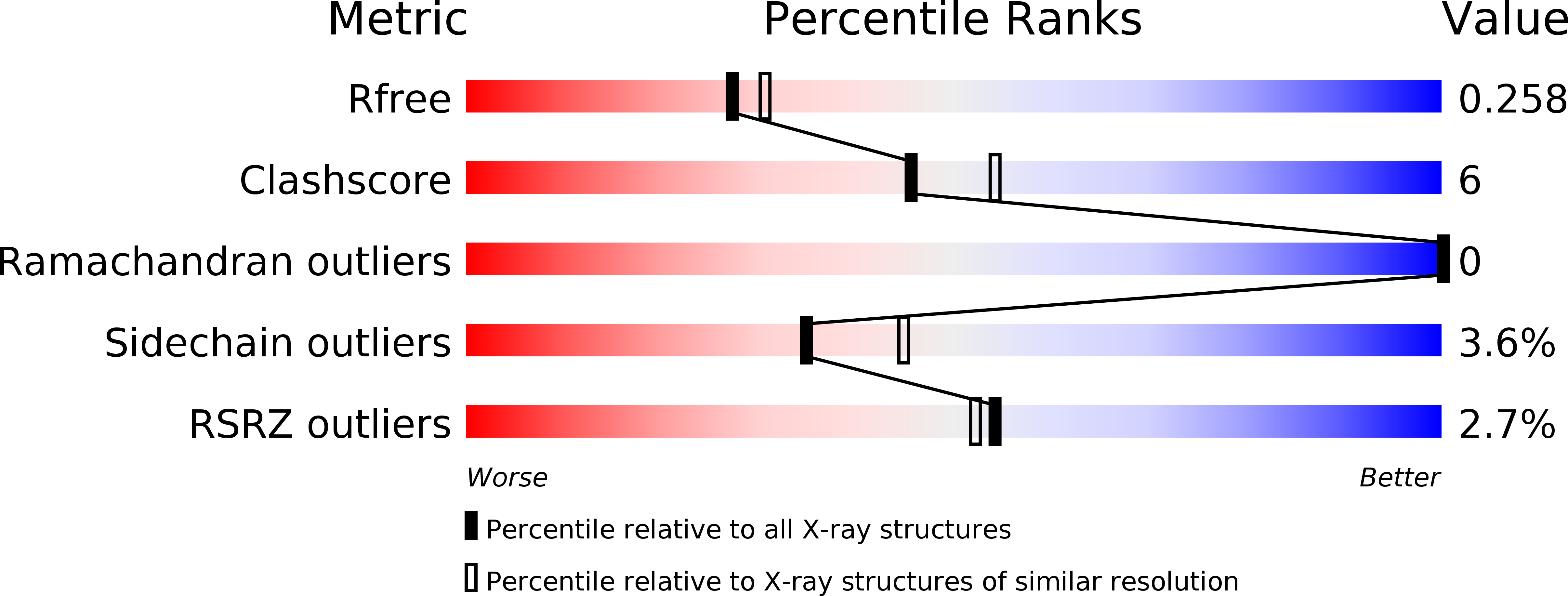
Deposition Date
2009-04-30
Release Date
2009-06-16
Last Version Date
2023-09-06
Entry Detail
PDB ID:
3H9G
Keywords:
Title:
Crystal structure of E. coli MccB + MccA-N7isoASN
Biological Source:
Source Organism(s):
Escherichia coli (Taxon ID: 562)
Expression System(s):
Method Details:
Experimental Method:
Resolution:
2.20 Å
R-Value Free:
0.26
R-Value Work:
0.20
R-Value Observed:
0.20
Space Group:
P 1 21 1


